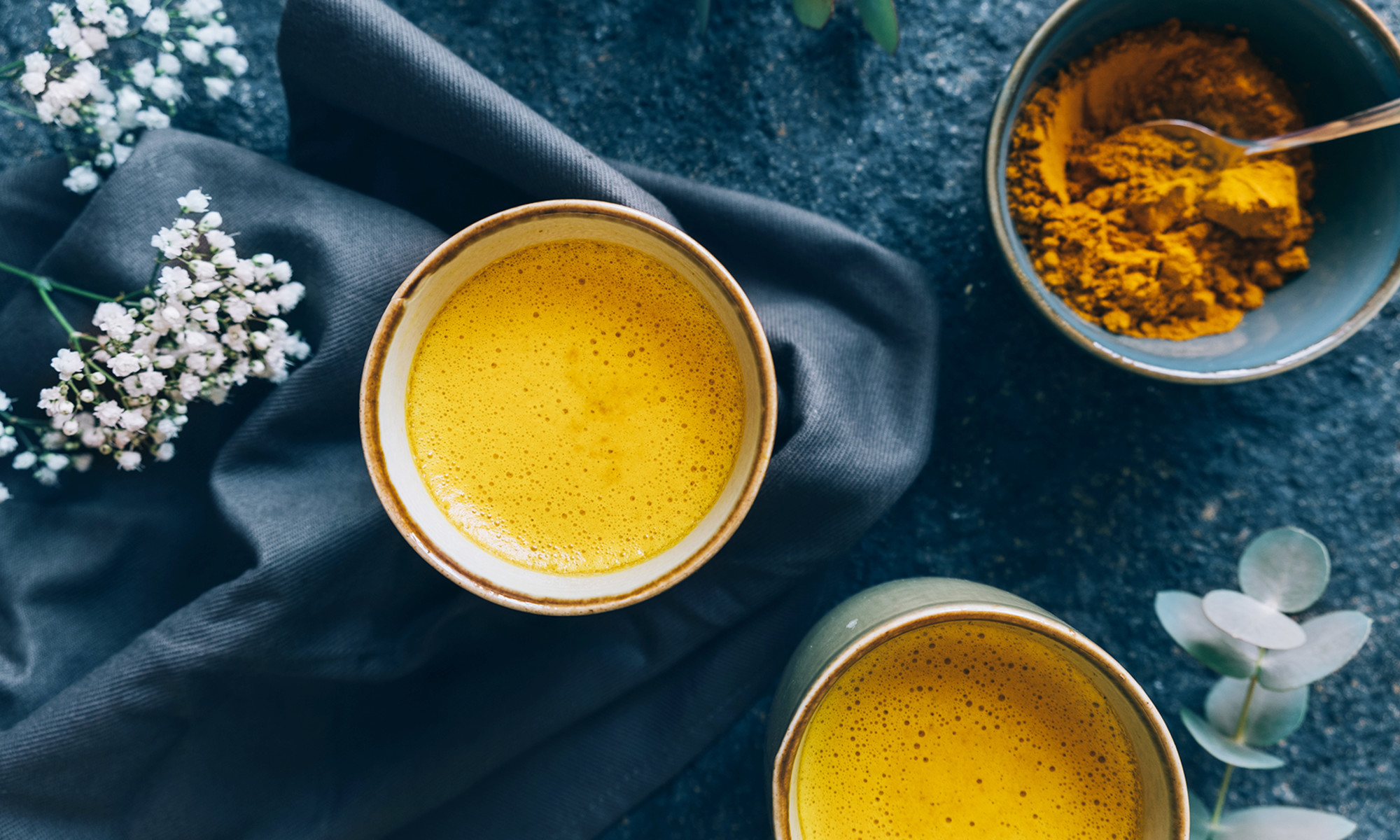The Secret To Faster Muscle Recovery? Research Points To This Spice
Time to check your kitchen cabinets.

Advertisement
This ad is displayed using third party content and we do not control its accessibility features.
Advertisement
This ad is displayed using third party content and we do not control its accessibility features.

Assistant Health Editor
Assistant Health Editor
Ava Durgin is the Assistant Health Editor at mindbodygreen. She is a recent graduate from Duke University where she received a B.A. in Global Health and Psychology. In her previous work, Ava served as the Patient Education Lead for Duke Hospital affiliated programs, focusing on combating food insecurity and childhood obesity.
July 06, 2025 You just crushed an intense workout, but now you're dreading the inevitable soreness that follows. What if a simple spice in your kitchen could help speed up muscle recovery? Research suggests that curcumin1—the active compound in turmeric—could help reduce muscle soreness, inflammation, and exercise-induced damage, making it a promising tool for athletes and fitness enthusiasts alike. This research compiles findings from 11 studies on curcumin supplementation and its effects on muscle recovery. The results? Both pre- and post-exercise curcumin intake were associated with reduced muscle pain, faster recovery, and improved antioxidant capacity.
What happens to muscles after exercise?
Strenuous workouts—especially those involving eccentric movements (like downhill running or heavy resistance training)—cause microscopic damage to muscle fibers. This leads to:
While this repair process is essential for muscle growth and adaptation, excessive damage, and prolonged inflammation can slow recovery and increase injury risk. That's where curcumin comes in.
Curcumin: The anti-inflammatory powerhouse
Curcumin is well-known for its potent anti-inflammatory and antioxidant properties. In this systematic review, curcumin supplementation was shown to:
One study found that athletes who took curcumin before and after exercise had lower levels of reactive oxygen species2—unstable molecules that contribute to muscle fatigue and damage. This suggests that curcumin may enhance the body's ability to recover faster by reducing oxidative stress.
The best way to take curcumin for recovery
The review highlights that timing, dosage, and bioavailability are key to maximizing curcumin's benefits. Some key takeaways:
The takeaway
Curcumin shows promising potential as a natural recovery aid for athletes and active individuals. While more research is needed to determine optimal dosages and formulations, the current evidence suggests that turmeric's active compound can help reduce muscle damage, pain, and inflammation—all while supporting overall recovery.
So, next time you feel sore after a tough workout, consider reaching for a turmeric latte or a curcumin supplement. Your muscles might just thank you.
Advertisement
This ad is displayed using third party content and we do not control its accessibility features.

 Hollif
Hollif 

































